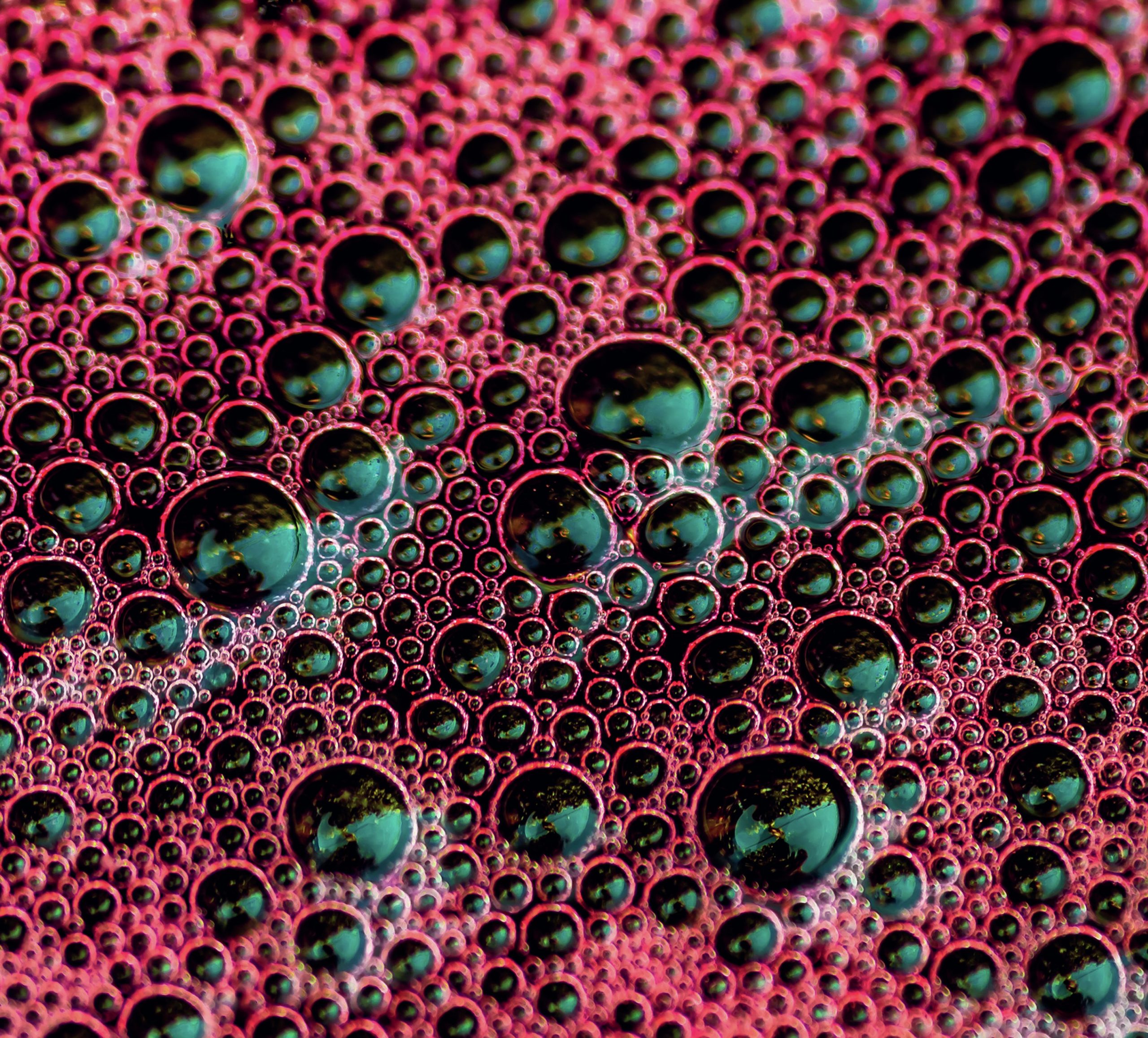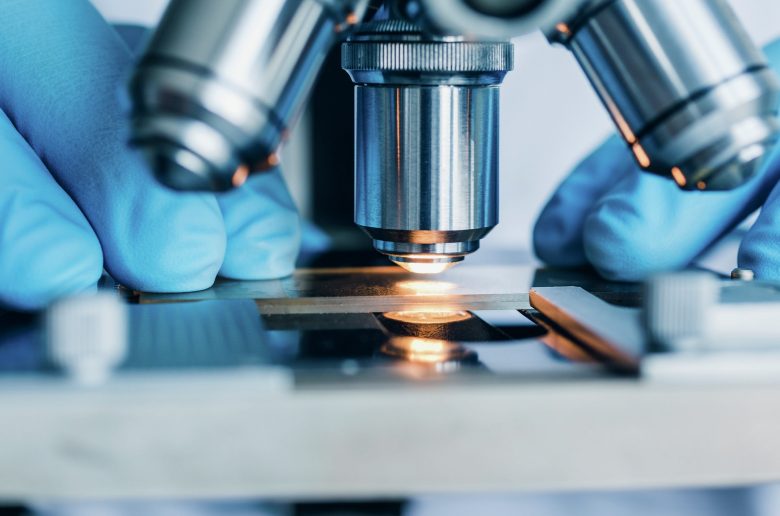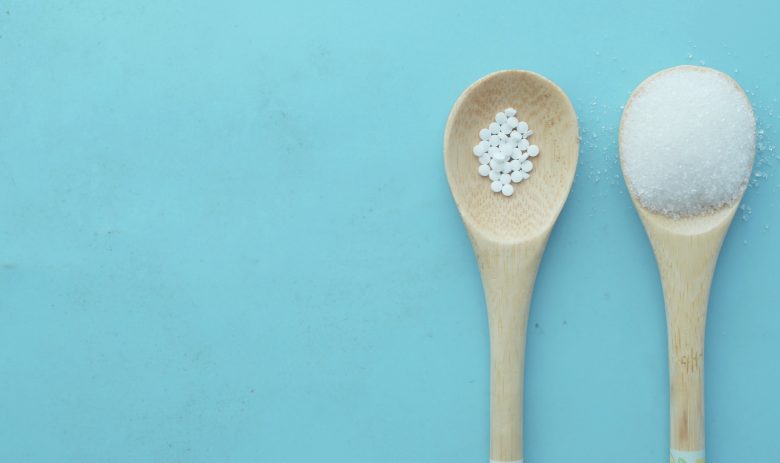
Alcohols can be divided into three groups: primary, secondary and tertiary. The structural difference between each group is the number of alkyl groups bonded to the same carbon as the OH group: primary alcohols only have one, secondary have two and tertiary have three (Figure 1).
The oldest method of producing ethanol is the fermentation of glucose (see CHEMISTRY REVIEW, Vol. 21, No. 3, pp. 8–11). The reaction is catalysed by an enzyme found in yeast and only requires a low temperature of ~35o C.
Your organisation does not have access to this article.
Sign up today to give your students the edge they need to achieve their best grades with subject expertise
Subscribe




